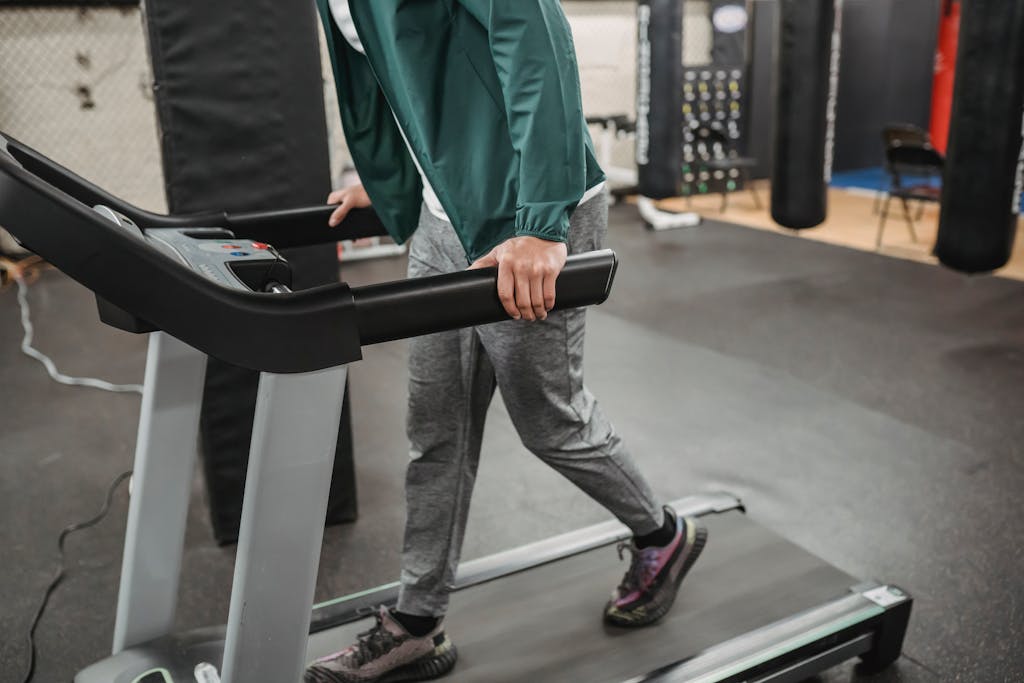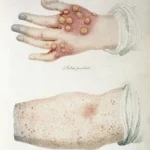A groundbreaking international study has found that regular exercise significantly improves survival rates for colon cancer patients after treatment. The research, presented at the 2025 American Society of Clinical Oncology meeting and published in the New England Journal of Medicine, provides the strongest evidence yet that physical activity should be considered an essential part of cancer care.
The first-of-its-kind clinical trial followed 889 patients who had completed surgery and chemotherapy for stage II or III colon cancer. Half received only educational materials about healthy living, while the other half participated in a structured three-year exercise program with personal coaching.
The results were striking. After nearly eight years of follow-up, patients in the exercise group showed a 28% lower risk of cancer recurrence or developing new cancers. Even more impressive, they had a 37% lower risk of death from any cause.
“When we saw the results, we were just astounded,” said study co-author Dr. Christopher Booth, a cancer doctor at Kingston Health Sciences Centre in Ontario, Canada.
What makes this study so significant is its design. Previous evidence came from comparing active people with sedentary ones, which couldn’t prove cause and effect. This randomized controlled trial provides much stronger proof.
“This is about as high a quality of evidence as you can get,” said Dr. Julie Gralow, chief medical officer of the American Society of Clinical Oncology. She noted that the benefits from exercise rival or exceed those of many cancer drugs—without the serious side effects.
Participants in the exercise group worked with coaches who helped them find physical activities they enjoyed. Most chose something simple like walking for 45 minutes several times a week.
Terri Swain-Collins, a 62-year-old study participant from Kingston, Ontario, found that regular walking gave her a sense of control after cancer treatment.
Similar Posts
“This is something I could do for myself to make me feel better,” she said. Regular check-ins with her coach kept her motivated. “I wouldn’t want to go there and say, ‘I didn’t do anything,’ so I was always doing stuff and making sure I got it done.”
Scientists aren’t yet certain exactly how exercise helps prevent cancer recurrence. They collected blood samples from participants to investigate whether the benefits come through reducing inflammation, improving insulin processing, boosting immune function, or other biological mechanisms.
The findings have major implications for cancer care. Experts believe exercise programs should become standard treatment, similar to chemotherapy or radiation.

“Exercise is no longer just a quality-of-life intervention for cancer patients,” said Dr. Kerry Courneya, study co-author and professor at the University of Alberta. “It is a treatment for colon cancer that must be made available to all patients.”
The exercise programs cost several thousand dollars per patient—far less than many cancer drugs—making them a cost-effective option for health systems.
Doctors are now advising cancer patients to discuss adding structured exercise to their recovery plan. While this study focused on colon cancer, researchers believe similar benefits may apply to other types of cancer as well.
The message for patients is clear: physical activity after cancer treatment isn’t just about feeling better—it could help save your life.


















